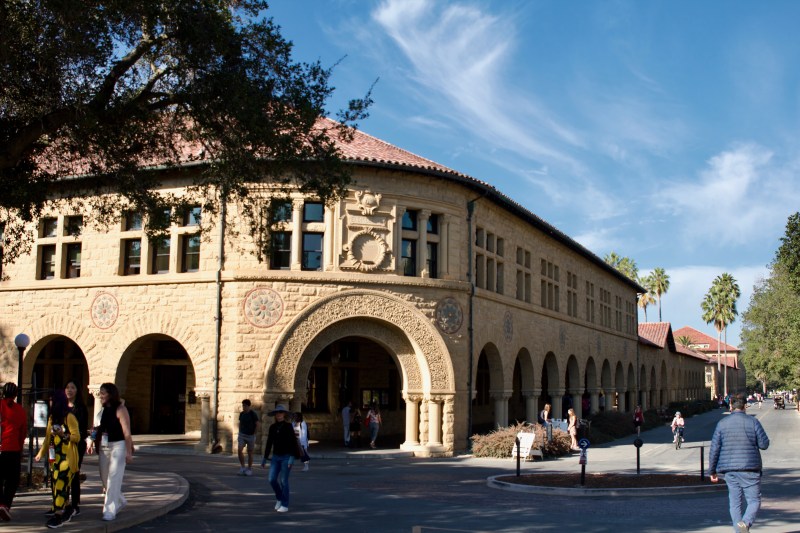With a two-thirds majority vote, the Undergraduate Senate (UGS) passed a joint resolution on the future of affirmative action on Thursday.
The vote comes on the heels of several weeks of debate around the resolution’s language on students’ parental occupation and legacy status. The Graduate Student Council (GSC) unanimously passed the resolution on Tuesday.
The resolution condemns the Supreme Court’s recent decision to overturn affirmative action and urges the University to continue to foster a diverse student body, within the legal boundaries established by the Supreme Court.
It further calls on Stanford to update its admissions process to include a diversity prompt in its application and give greater weight to factors such as geographical residence, parental occupation and first-generation status.
The resolution also urges the University to form a task force to create a more equitable admissions process for graduate applicants.
Senate Co-chair ’25 Diego Kagurabadza noted community support for the resolution, which was sponsored by a range of student groups including the Black Student Union and the Stanford Indigenous Students of the Americas.
“It has been an honor and a pleasure getting their support on this really important piece of legislation,” Kagurabadza said.
Senators also met with student representatives from the presidential search committee to share expectations for the next University president.
The committee includes several faculty, undergraduate and graduate students, a postdoctoral scholar, staff and trustees. The constituents will select the 13th president based on campus input and their perspectives on candidates.
Senkai Hsia ’24 and Carson Smith J.D. ’25 — the committee’s two student representatives present at the meeting — stressed the importance of broader student input. According to Hsia and Smith, the committee is currently in the community engagement phase, and they hope to embrace student perspectives on the future president.
“We’re here to listen to you,” Hsia said. “In order to do our jobs, we need your candid honesty.”
Senators highlighted some significant concerns and outlined criteria they hoped the committee would consider when selecting the president.
Several senators, including Dawn Royster ’26, emphasized the importance of transparency in the new leadership, citing perceived struggles in the previous admministration with clear and timely communication.
“I’m looking for a leader with transparency that makes it very open that University knowledge is distributed, and that they’re not trivializing major issues here, like risk management issues, that affect real human beings,” Royster said.
Deputy Senate Chair Joy Molloy ’25 agreed, elaborating on the growing frustration about the disconnect between the administration and students.
A lot of students feel “we are often the last people to know about something that directly impacts us,” Molloy said. “So I think a lot of students would appreciate a president that understands that students should be in the know and not in the dark like we usually are.”
Other senators were concerned with Stanford’s reputation as an innovative institution.
“I’m looking for innovation and ingenuity,” Kagurabadza said. “I think we would like to see someone who is also envisioning what more can be added to Stanford, what new traditions can be implemented, so that we’re not just relying on relics of the past.”
Senator Isaac Nehring ’26 concurred with Kagurabadza, adding that he hoped for a candidate who would be able to embrace Stanford’s distinctive student culture.
“What is supposed to set us apart from peer institutions is a more distinct work hard, play hard and wacky culture, which is super lost right now,” Nehring said. “I think having a figurehead that can learn to embrace that is a personality question I’d like to see put at the forefront” of the committee’s criteria.
Hsia and Smith reiterated their aim of considering student input and assured senators they would relay the conversation to the committee.
